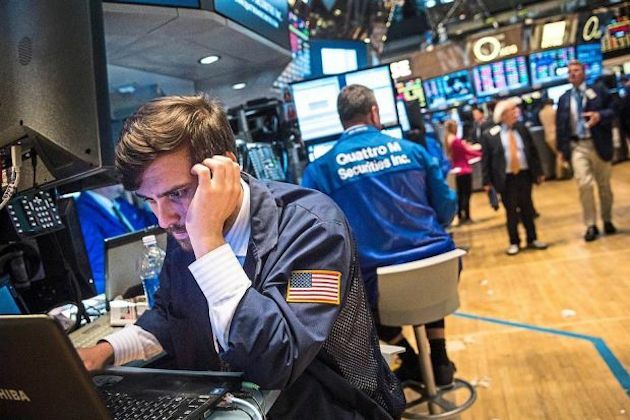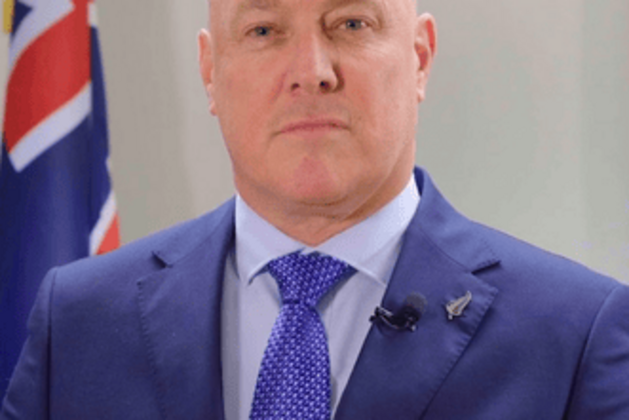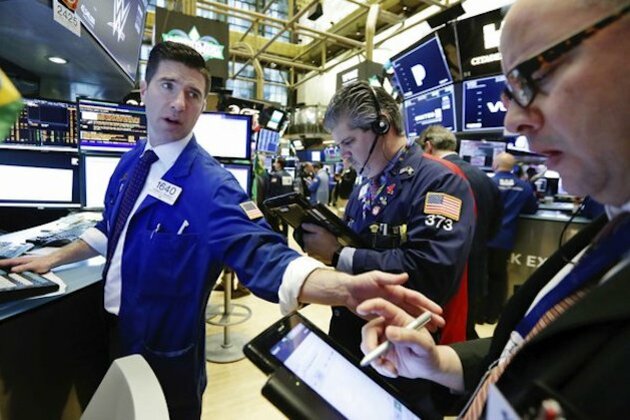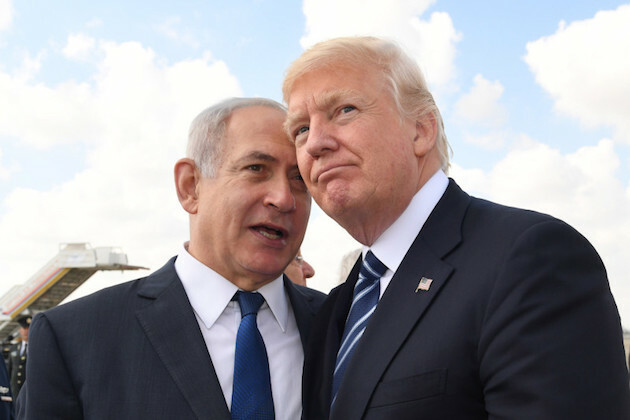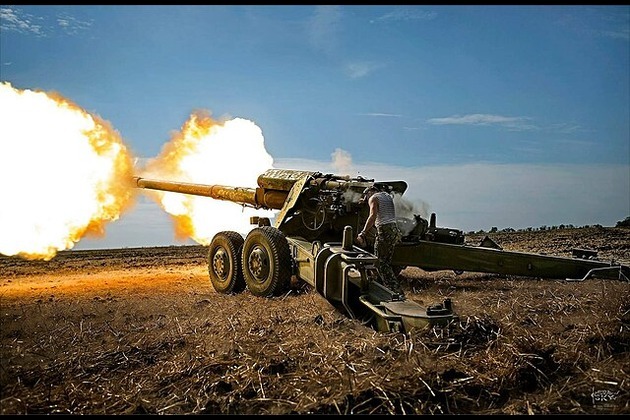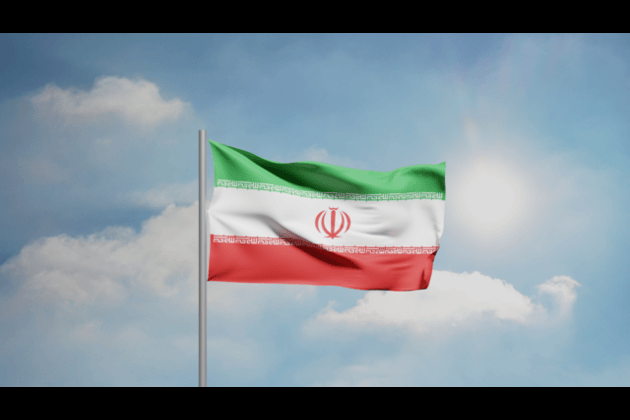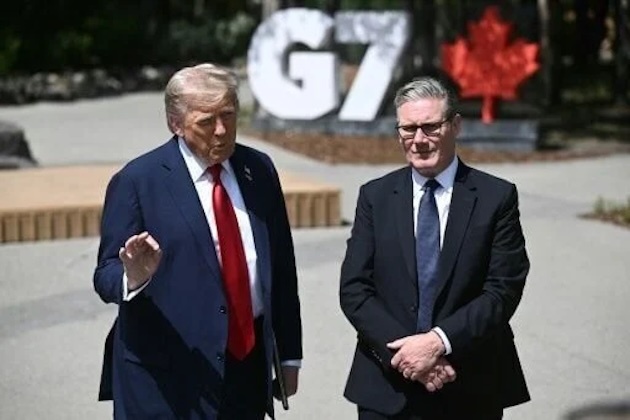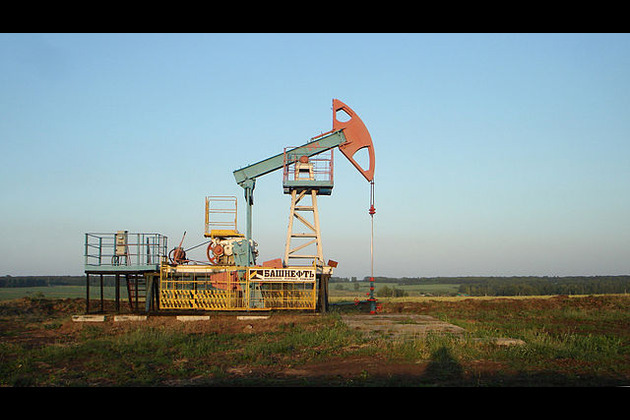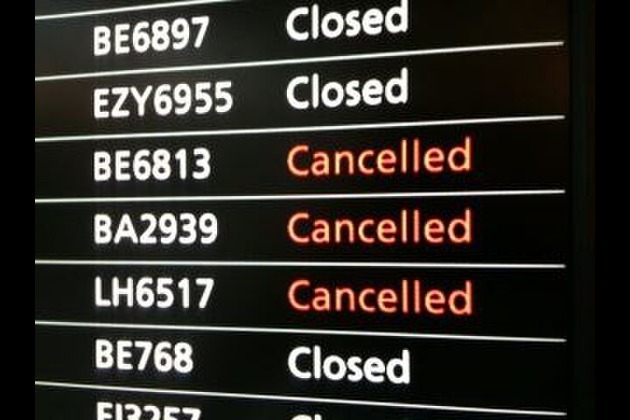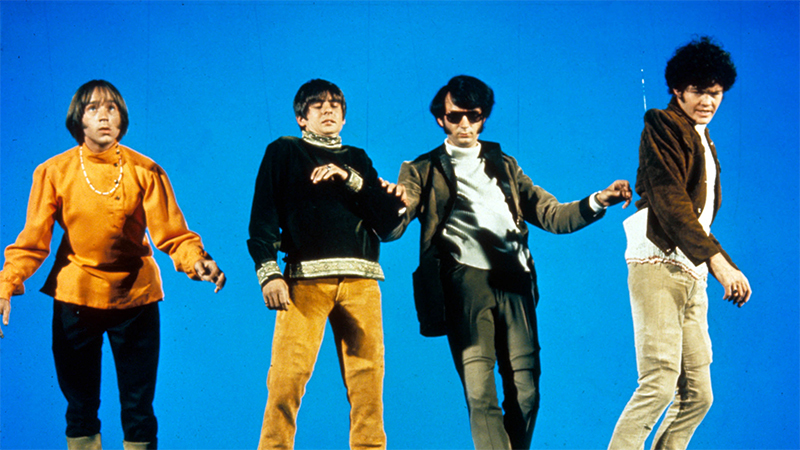As War Looms, European Powers Revive Diplomacy with Tehran
Novinite.com
20 Jun 2025, 16:37 GMT+10
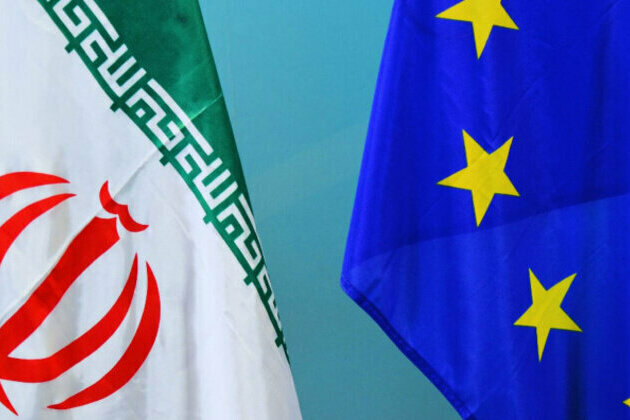
As hostilities between Israel and Iran stretch into their second week, European powers are intensifying diplomatic efforts to prevent a broader regional war. On Friday, the foreign ministers of the United Kingdom, France, and Germany, together with the EU's foreign policy chief Kaja Kallas, are scheduled to meet Iranian officials in Geneva. Their goal: to de-escalate the military confrontation and revive a diplomatic path centered around Tehran's nuclear program.
The meeting comes at a time when tensions are running high. Israel's recent airstrikes on Iran killed several senior military commanders, prompting a steady exchange of drone and missile strikes. The conflict risks drawing in more regional actors - and potentially the United States. President Donald Trump has said he will decide ?within two weeks? whether to involve the U.S. military in support of Israel. Reports indicate Washington is actively considering intervention.
Speaking after a meeting in Washington with Secretary of State Marco Rubio and presidential envoy Steve Witkoff, UK Foreign Secretary David Lammy described the situation in the Middle East as ?perilous.?
In Geneva, Iran's ambassador to the UN, Ali Bahreini, voiced strong criticism of Europe. He told Euronews that at the very least, European governments should ?explicitly condemn Israel and stop supporting it.? Bahreini argued that Israel's military campaign had been enabled by the inaction of European powers and their failure to uphold the 2015 nuclear agreement, the Joint Comprehensive Plan of Action (JCPOA).
Meanwhile, Israel's Defense Minister Israel Katz issued a provocative statement, declaring that Iran's supreme leader ?can no longer be allowed to exist.?
Europe's Diplomatic Gamble
At the heart of the Geneva talks lies a push by European diplomats to revive the framework of the JCPOA, the nuclear deal signed in 2015 by Iran, the EU, China, Russia, and the U.S., among others. That agreement imposed strict limitations on Iran's uranium enrichment and centrifuge use in exchange for sanctions relief. However, when President Trump unilaterally withdrew the U.S. from the pact in 2018, it collapsed. Since then, Tehran has steadily increased its uranium enrichment - now at 60%, far above the 3.67% allowed under the JCPOA, though still below weapons-grade levels.
For European diplomats, the goal is not simply nuclear containment. They also hope to establish a channel for shuttle diplomacy between Tehran, Washington, and key European capitals to avert full-scale war. The diplomatic strategy mirrors earlier efforts led by former EU foreign policy chief Javier Solana, who played a key role in brokering the original deal.
David Rigoulet-Roze, a fellow at the French foreign policy think tank IRIS, argued that while the 2015 deal was imperfect, it provided a vital framework that could have been built upon. He criticized the Trump administration's decision to abandon it as hasty and counterproductive. ?Even with all its flaws,? he said, ?the agreement had the merit of existing.?
Trade, Sanctions, and Broken Trust
European hopes of strengthening trade ties with Iran were dashed after the U.S. reinstated sanctions. Tehran blamed the EU for failing to uphold its end of the deal, despite not initiating the withdrawal. According to Rigoulet-Roze, Europe also suffered from the extraterritorial reach of U.S. law, particularly Washington's ability to impose secondary sanctions, which deterred European firms from doing business with Iran.
Iran has long been a signatory of the Nuclear Non-Proliferation Treaty and, under that framework, opened its facilities to international inspectors. Yet despite years of partial compliance, Tehran continued developing ballistic missile capabilities and supporting armed proxies across the Middle East - including Hamas, Hezbollah, and the Houthis.
Robert Cooper, a veteran British diplomat, described Iran's nuclear ambitions as a long-term strategy for geopolitical influence. ?This was a matter of national pride,? he said. ?I don?t think they ever intended to give it up.?
Iran's Message to Europe
Iran's ambassador Bahreini insisted in his Euronews interview that diplomacy remains possible, but only if Israeli attacks stop. He warned that Europe's perceived failure to act has contributed directly to the current crisis. ?Europe should play its responsibility,? he said, calling for an end to military, financial, and intelligence support for Israel.
He added that these points would be clearly presented to the E3 - France, Germany, and the UK - during the Geneva talks.
Bahreini also warned the U.S. against military involvement. ?If the United States crosses the red lines, there will be consequences,? he said. Iranian military forces are closely monitoring U.S. movements and have the capability to strike, he added. ?We know where the United States should be attacked,? he warned, while stressing that Iran was capable of defending itself without foreign assistance.
Nuclear Program and Proxy Forces
Iran's nuclear program remains a central concern. Though Tehran claims it is peaceful and civilian in nature, Israel contends it is part of a covert plan to develop nuclear weapons. The current conflict erupted shortly after Israel targeted facilities in Natanz and Isfahan, which have long been associated with Iran's uranium enrichment.
Despite long-standing support for regional proxy forces, Iran has so far not called on them to escalate the conflict. Bahreini emphasized that Iran believes it can defeat Israel without relying on allied groups such as Hezbollah or the Houthis. ?At this stage, we are confident that we can stop aggression without needing help from anybody,? he said.
Sources:
- Reuters
- Euronews
- BTA
 Share
Share
 Tweet
Tweet
 Share
Share
 Flip
Flip
 Email
Email
Watch latest videos
Subscribe and Follow
Get a daily dose of Iran Herald news through our daily email, its complimentary and keeps you fully up to date with world and business news as well.
News RELEASES
Publish news of your business, community or sports group, personnel appointments, major event and more by submitting a news release to Iran Herald.
More InformationBusiness
SectionU.S. stocks restricted by tensions in Middle East
NEW YORK, New YorK - U.S. stocks closed mixed on Friday, with gains and losses modest, as investors and traders weighed up the escalation...
US consumers cut back after early surge ahead of Trump tariffs
WASHINGTON, D.C.: Retail sales dropped sharply in May as consumer spending slowed after a strong start to the year, primarily due to...
Mitsubishi joins automakers raising prices after import tariffs
WASHINGTON, D.C.: Mitsubishi Motors is the latest automaker to raise prices in the United States, joining a growing list of car companies...
Lilly makes $1.3 billion move to expand into gene-edited heart drugs
INDIANAPOLIS, Indiana: Eli Lilly is making a bold play in cardiovascular gene therapy, announcing plans to acquire its partner Verve...
New Zealand PM seeks stronger ties with China amid security talks
BEIJING/WELLINGTON: New Zealand's Prime Minister Christopher Luxon commenced his visit to China on June 17, seeking to strengthen trade...
U.S. on edge as Israel-Iran conflict escalates
NEW YORK, New York - U.S. stocks made only minor moves in both directions,Thursday, as investors fretted about the Israel-Iran conflict...
Middle East
SectionTrump gives himself a fortnight to decide on joining Netanyahu's war
WASHINGTON, DC - In a bid to defuse speculation, U.S. President Donald Trump says he will make his decision on whether to have the...
U.S. abandons inter-agency effort to pressure Moscow on Ukraine
WASHINGTON, D.C.: A quiet shift inside the Trump administration has stalled a key diplomatic initiative aimed at pushing Russia toward...
Tehran seeks ceasefire via Gulf allies, offers nuclear flexibility
DUBAI, U.A.E.: As violence escalates between Iran and Israel, Tehran is turning to its Gulf neighbors to help broker a ceasefire —...
Trump leaves G7, calls for evacuation of Iran's capital
CALGARY, Alberta, Canada - U.S. President Donald Trump has announced he is leaving the G7 summit after just one day, and after refusing...
Crude spikes as Israel-Iran conflict reignites supply concerns
HOUSTON, Texas: Crude oil surged to multi-month highs this week, driven by escalating tensions in the Middle East after Israel launched...
Airlines reroute planes after Israeli strikes spark airspace chaos
SEOUL/LONDON: A wave of flight cancellations and diversions swept across the airline industry on June 13 after Israel launched strikes...

